"(...) Black misterious pages, a draw full of strange and gelid signs, a music as a viaticum to the acoustic Hell: this is the Third Ear Band of "Alchemy", first record experience, first album thrown out in whirpools of the unknown in music, nothing of "dark" or the classic gastronomic flavour as like as Black Sabbath or Black Widow: strange stories of past and cruel times open in the grooves, collocation of historical order let you know how the group mainly persue a right rediscovery of the English and Scottish black folk music, with temporal movements limited to XI and XII century, with the rhythmic outstretched to rediscovery of cults dear to Ossian, then sung by William Blake and the other sepulcher poets. But there's a background mood that seem to miss: with the coldness of music contents something of indefinable is leaping in front of eyes, maybe that love for nature, that frantic order that rules human things.
"Alchemy" is a complex and difficult work, complete. (...) The basic sound has its rise in a monodic pulse most of the time created by the percussions, then it enriches with the strings and oboe, both played on patterns of an haunting and perfect iteration of rhythms: the picture will seem more clear if compared to Terry Riley's compositions, where the sound carpet, build with one or more incessantly repeated notes, is coloured with continuous superimpositions of synth and organ...
After some very strong (and sharable) observations about the Italian music at that time, Baiata analyzes TEB's second album, described as "the high point of their melodic and modal issue... obsessive, vitalistic, the sublimation of static and monodic music thrown on the lines of highest multiformity, the more charming and medieval rhythmic arcaism ever listened to.
For the author, "Earth" is "the mythical canto of joy, of creation's beauty, of human beasts and not, of the horse that neigh, of the rhythm of flower's growth, so misterious, and we have, with the Third Ear Band, an interpretation, an all European translation in harmonic terms - easy, linear, very sweet.
Among group's writings, these are the best lines, an absolutely supernatural composition, where also Riley bows...".
He claims the record, born under the soundtrack ambiguity, "has many static moments, even if played by first order musicians".
On the band's split, "happened just after "Macbeth" (but we know Sweeney and Minns played until 1975...), Baiata says "Third Ear Band's music existed just time before to be created, it was on the air, into the dreams of who came before, into the nightmares of every clever man, on the artistic measure of Self and on his power of theatrical performance of life's things".
if you're interested to read the original Italian article please contact me through my e-mail dopachino@tiscali.it to receive a copy in PDF format.



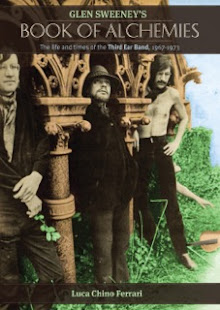
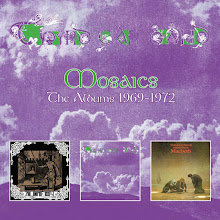
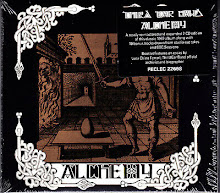
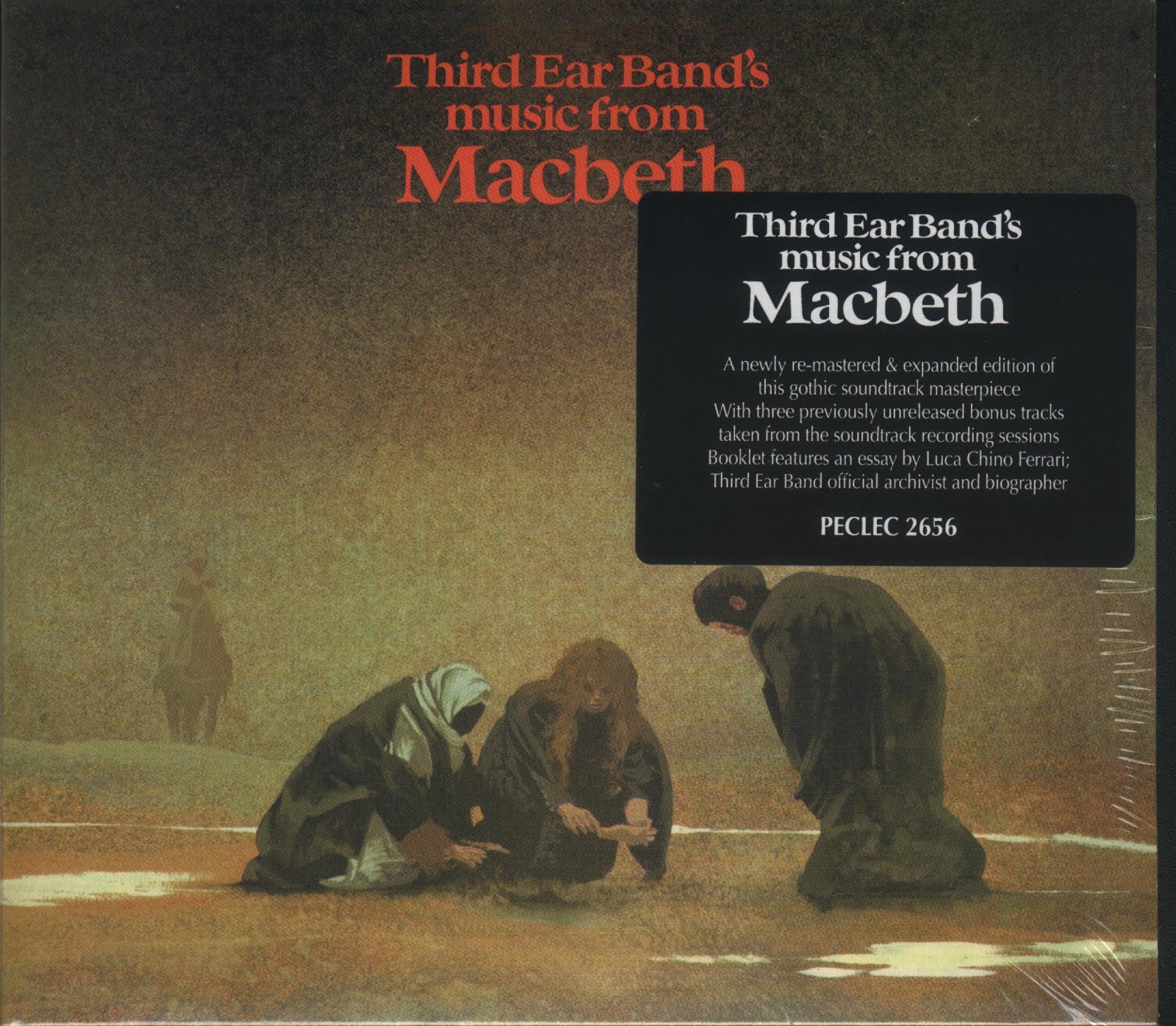


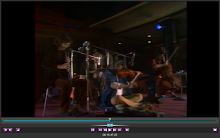
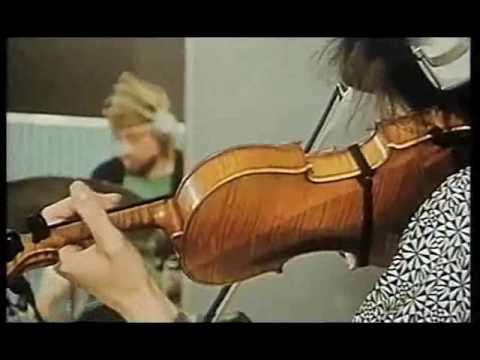



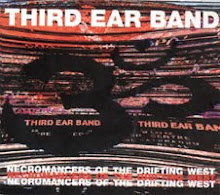
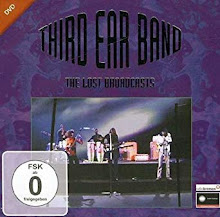





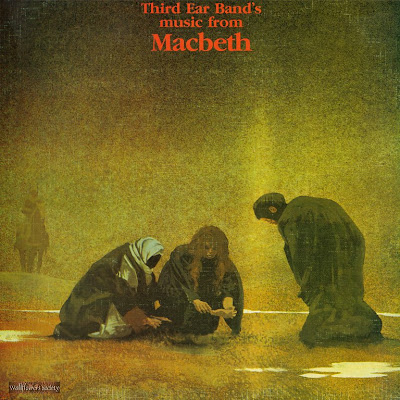






































No comments:
Post a Comment